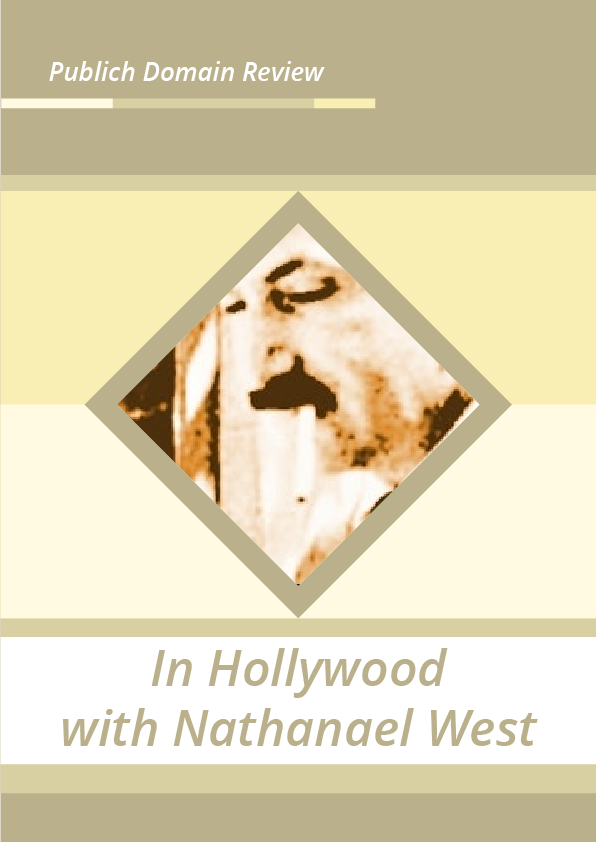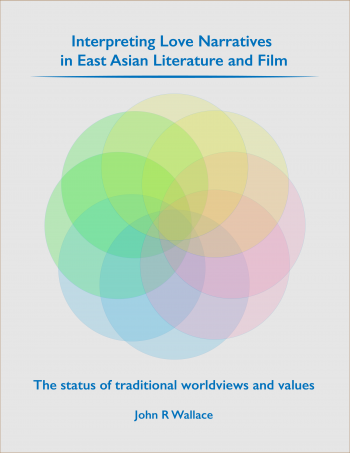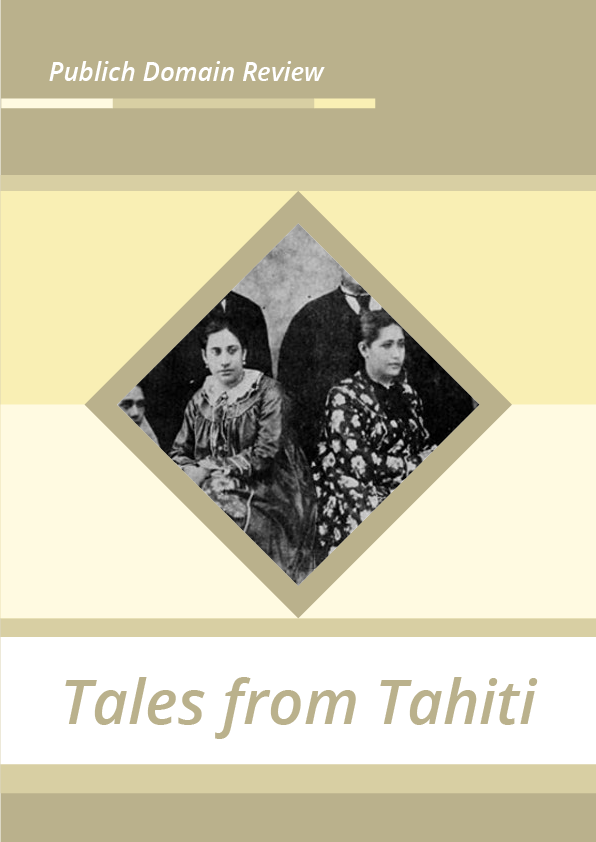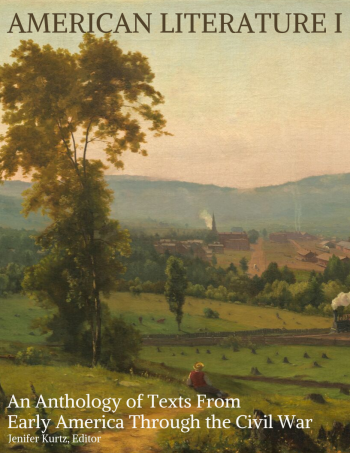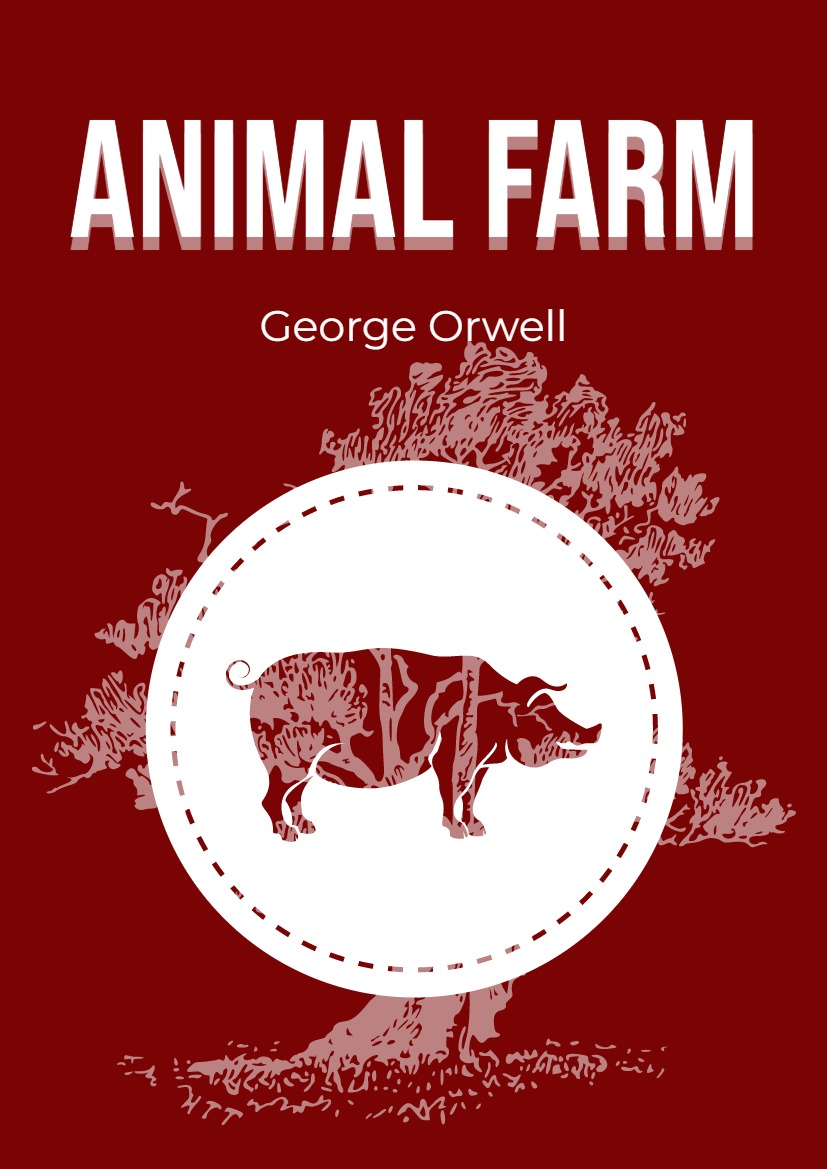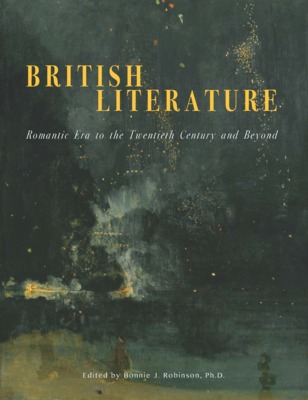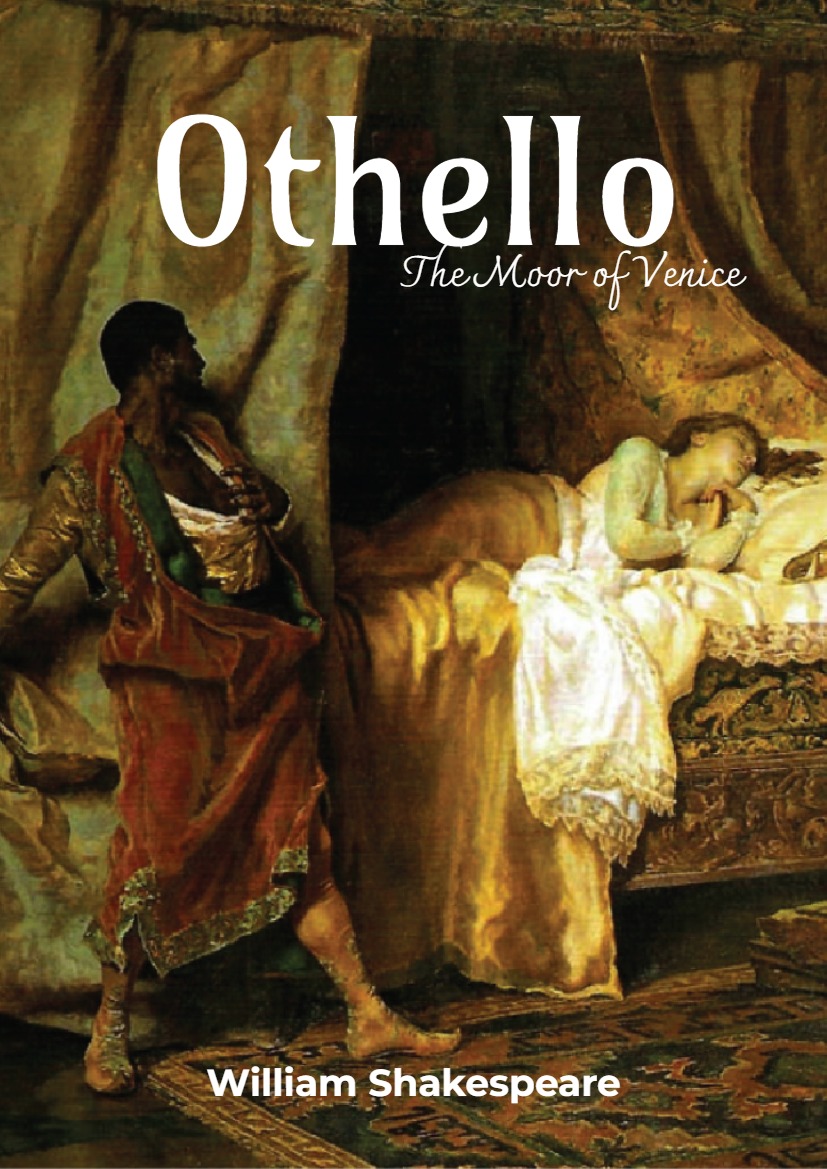Hollywood has served as a novelist’s muse for almost a century. The list of writers who found inspiration there includes the likes of Fitzgerald, Mailer, Schulberg, Bukowski, Chandler, Huxley, Waugh, and O’Hara, among plenty of others. But the gold standard for Hollywood fiction remains The Day of the Locust.
Nathanael West—novelist, screenwriter, playwright—was one of the most original writers of his generation, a comic artist whose insight into the brutalities of modern life would prove remarkably prophetic. In addition to The Day of the Locust he is the author of another classic Miss Lonelyhearts (1933) as well as two minor works, The Dream Life of Balso Snell (1931) and A Cool Million (1934).
Seventy years after publication, The Day of the Locust is still the most significant novel ever written about Hollywood. Beyond that, West’s story examines America during the Great Depression, revealing a diseased country being stained by corruption, hypocrisy, greed, and rage.
Movie stars who get their faces on the screen did not excite West. Neither was he dazzled by Hollywood as the glitz and glamour capital of the world. Instead, his tale goes backstage to focus on the raw inner workings of a byzantine business and the working stiffs who write scripts, design sets, and appear in crowd scenes.
In the novel’s opening scene, a mob of fake infantry and cavalry is being herded away to fight the fake Battle of Waterloo.
“Stage Nine—you bastards—Stage Nine!” a second unit director shouts hysterically through his megaphone.
West’s heroes are the cheated ones dredged up from the sea of extras and bit players, the menial assistant directors and lowly writers.
Buzzing in the background, meanwhile, are the locusts, the plagues of angry migrants disconnected from Middle America, seduced by the promise of California sunshine and citrus. (The Grapes of Wrath showcases some of the same displaced folks.) Battered by hard knocks, these ragtag bands hang out at movie premieres to gawk at celebrities and sometimes they freak out and start busting balls for no apparent reason. In The Day of the Locust, they are first responsible for a bloody murder, then they riot and start setting fire to the city.
By paying homage to the Hollywood machine and its invisible workers, West was able to illuminate the film business from the bottom up. There is not much beauty to be found in what he called the “Dream Dump,” or in his chronicle of American life in the Thirties. It’s all violence all the time, with sickening scenes that still retain the power to shock. W.H. Auden would call West’s people “cripples.” They weren’t cripples to West, who lovingly described his excitable characters as “screwballs and screwboxes.” His original title for the book, The Cheated, accurately reflected their frustration.
